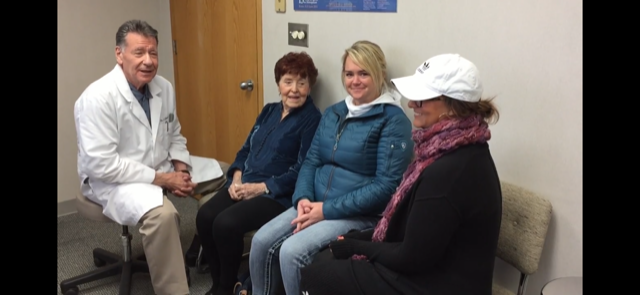Dr. N provides bio-identical treatment regimens that will resolve your hot flashes, sweats, sleep disturbances, headaches, fatigue, depression, give you back your sex life and keep you looking younger. Our goal is for every one of our menopausal patients to be able to say … I’m Back to being me.
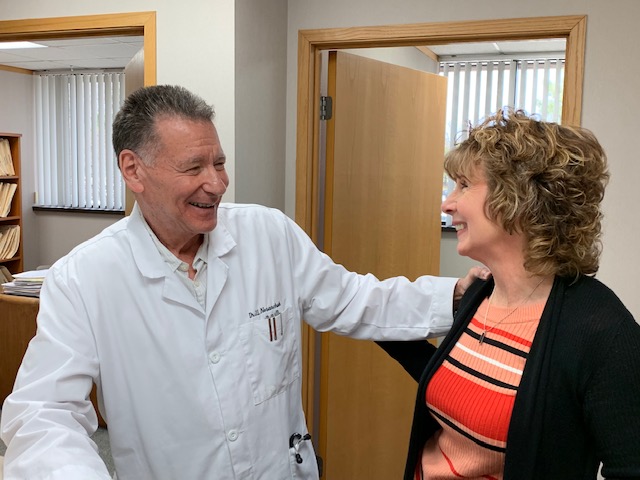

Click link below to see videos of Dr. N’s patients discussing their menopause and their therapy.
Menopause – Symptoms, Sex and Hormones – YouTube
If you are having a hysterectomy the rationale for keeping your ovaries, would be to maintain the source of your own sex hormone production. It is possible that your ovaries may continue to produce adequate amounts of estrogen and testosterone until the time you would have had experienced a natural menopause. The normally functioning postmenopausal ovary also may be capable of producing significant amounts of testosterone for several years following menopause. Testosterone is the hormone is closely associated with energy levels, lean body mass, libido and sexual function. In addition, if testosterone levels are present, some of it may be converted to estrogen by a process called, “aromatization”. This may be the reason that most naturally menopausal women are known to have less severe menopausal symptoms and fewer negative health consequences. as contrasted to women who have had their uterus and ovaries removed surgically.
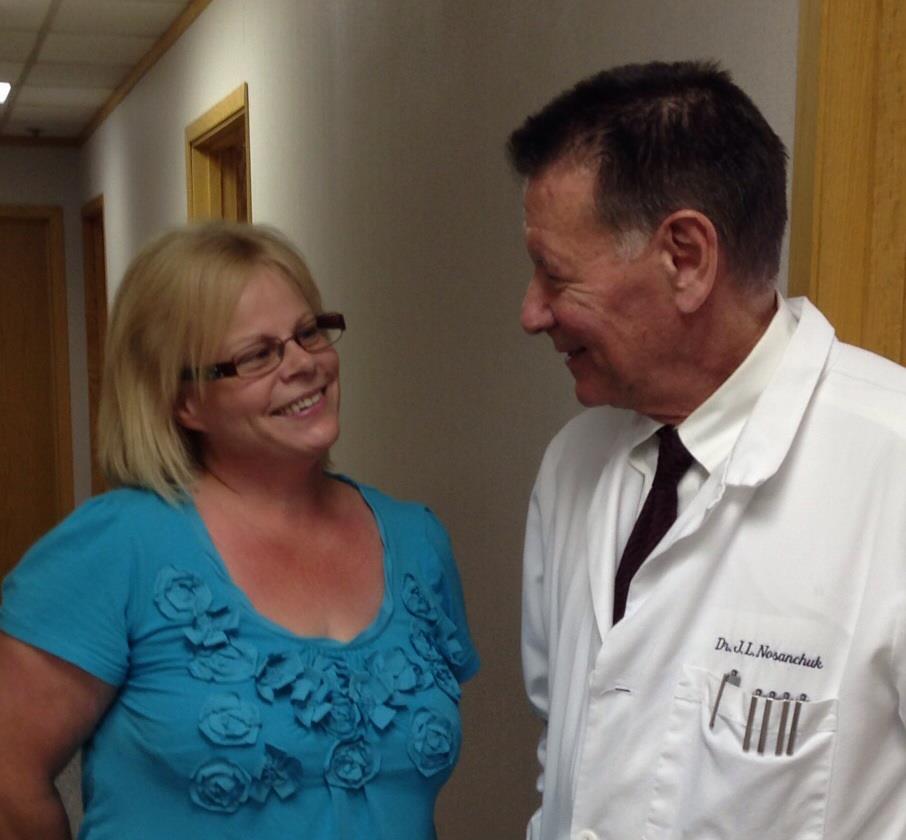
However it should be noted, there is an increased incidence of ovarian failure following hysterectomy. This is discussed in some detail in the section of the web site, Ovarian Failure Following Hysterectomy.
Is there any reason I might want my ovaries removed?
There is always the argument that removing the ovary prevents the possibility of ovarian cancer. A woman has a 1 in 70 chance of developing cancer of the ovary during her lifetime. Due to a lack of symptoms initially, the presence of ovarian cancer is typically not discovered until a late stage and for this reason is often fatal. The peak incidence of ovarian cancer is between the ages of 70-80.
There is a type of ovarian cancer that is hereditary. The mutated genes responsible for most hereditary ovarian cancers have been identified, (BRCA1, BRCA2). There is a blood test available to identify carriers of this gene. Woman who are identified as having the mutated gene should consider the option of ovarian removal and non-carriers can be assured that their risk of ovarian cancer is not increased.
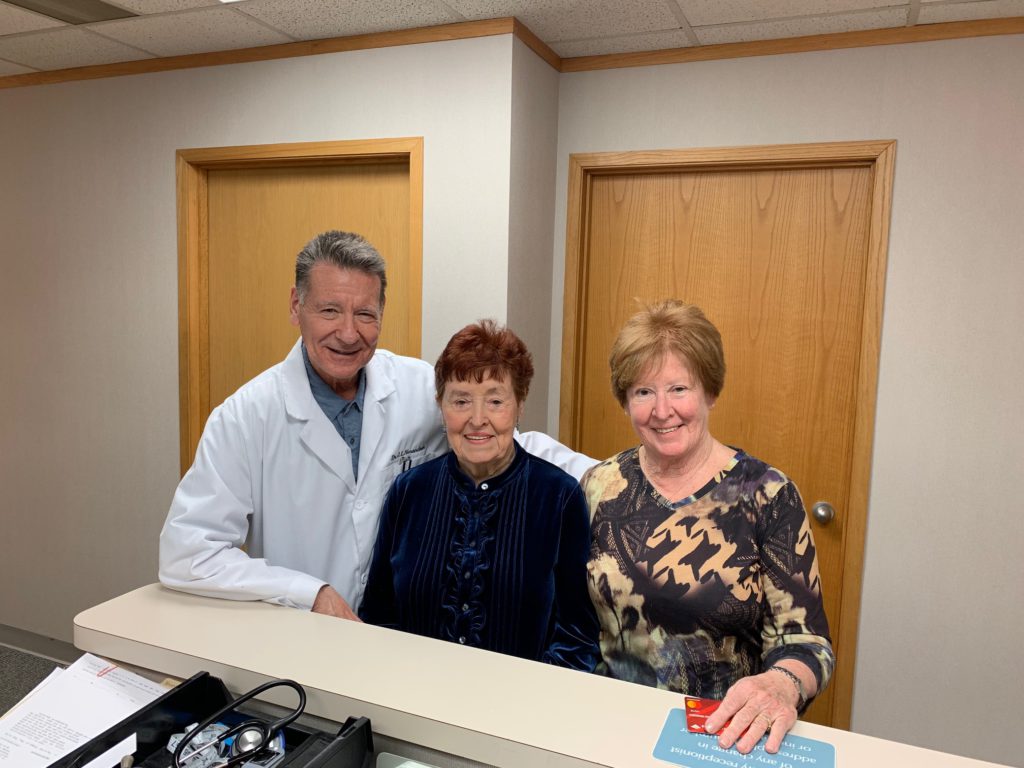
I’m concerned about the possibility of ovarian cancer, but I want to keep my ovaries. Is there anything I can do?
If you were to decide to keep your ovaries, there are strategies that can be and I believe should be implemented by all women, to increase the possibility of discovering a developing ovarian cancer at an early stage and increase one’s chance of surviving this disease. (1)A yearly pelvic ultrasound utilizing one of the more advanced ultrasound technologies. (2)A yearly CA 125 blood test. (3)A yearly pelvic examination. (4)An immediate visit to the doctor for any persistent abdominal symptoms such as persistent bloating or abdominal or pelvic discomfort. Some sources believe that a yearly pelvic ultrasound and CA 125 blood test is not effective in the early discovery of ovarian cancer but I do not agree with this concept.
What if I have endometriosis?
If the reason for your hysterectomy is endometriosis, there is an additional consideration for removing the ovaries. There is research that documents that patients who were treated for endometriosis with ovarian conservation were at a substantially increased risk of recurrent symptoms and a frequent need for an additional surgical procedure as compared to those who had ovarian removal.
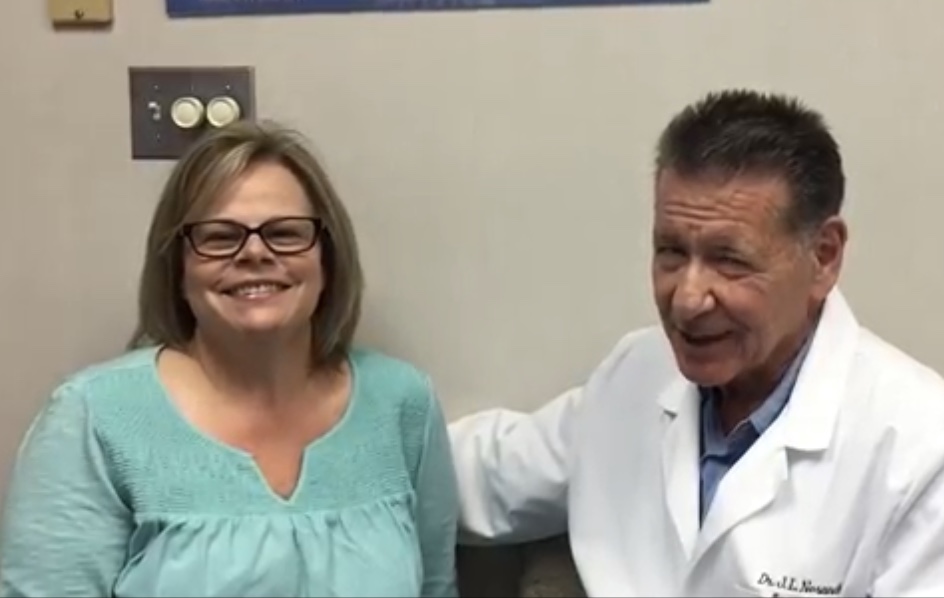
Is there an age that you recommended that your patients who needed a hysterectomy have their ovaries removed?
If I was asked, I usually recommended that patients 45 and over consider having their ovaries removed, assuming they are committed to using HRT. Not all women respond well to the more frequently used HRT regimens. Accordingly, one important factor in the decision making process is whether you have a physician resource available who is knowledgeable about menopausal issues and skilled in HRT treatment options including hormone pellet implants. This is discussed in the section of the web site, Hysterectomy.
If I have my ovaries removed, should I go on HRT?
I would certainly suggest that. I believe that women who are experiencing hormonal deprivation should consider appropriate HRT as a first line strategy for health and quality of life maintenance. Surgically menopausal users of HRT are known to have a lesser incidence of osteoporosis, cardiovascular disease and death, than non-users. In addition surgically menopausal women who are without the benefit of HRT, may experience severe and life altering menopausal symptoms.
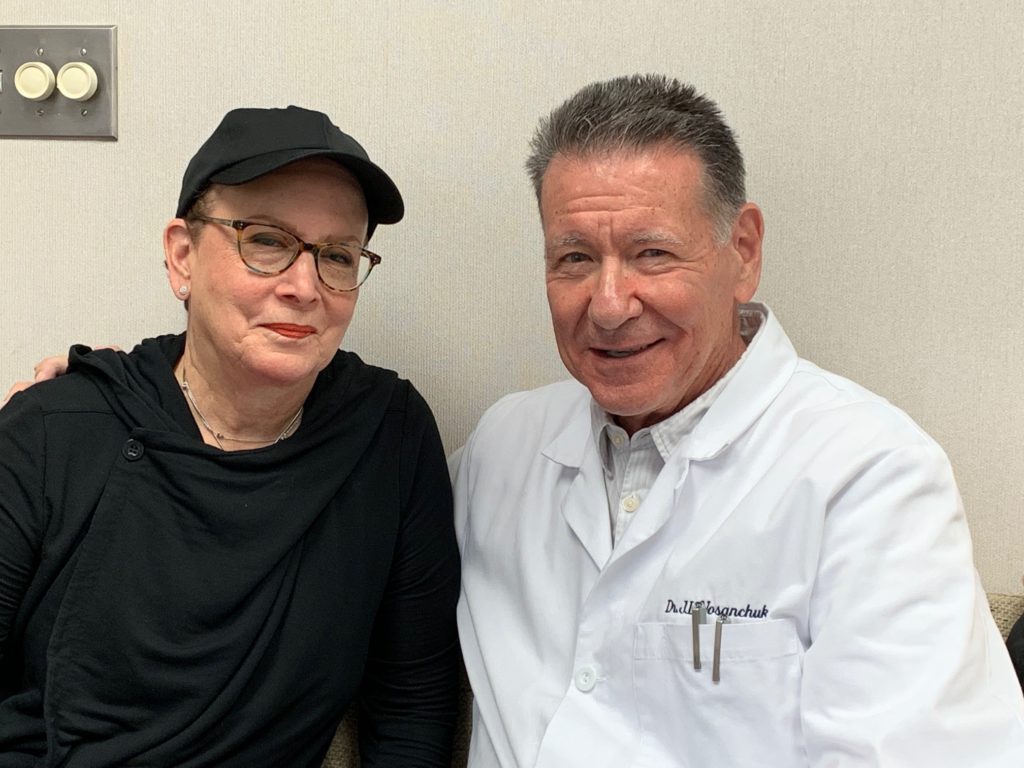
What are the risks of going on HRT?
I believe, assuming that HRT is given in a physiologic manner and in my view means a non-oral route of administration, specifically a transdermal patch or gel. The most effective option is a hormone pellet implant in doses that result in physiologic blood levels of estradiol and testosterone, the risks would be no greater than having your own source of hormone production. Non oral HRT preparations have the advantage of avoiding the “bolus, first pass” liver consequences and enzyme alterations associated with oral administration of hormones. Oral administration of HRT is the most commonly used route of sex hormone delivery used in the world but it is my belief that non-oral routes of administration are safer and more effective.
I would like to share a scenario I often saw repeated in various forms.
I would be speaking to a menopausal woman from whom I had just taken a detailed history. She had related that she smoked 1 1/2 packs of cigarettes daily, drank 3-5 cocktails daily, took over-the-counter and prescription diet medication, did no exercise, was 30 lbs overweight, consumed a high fat diet, had undergone 3 cosmetic surgeries requiring an anesthetic, visited a tanning salon 3 times a week, did not wear a seat belt while driving, did not have regular pelvic exams or mammography and was having unprotected sex.
After I had discussed HRT at length, including the weight of evidence that HRT is an effective health maintenance strategy, she would look at me and say, “but I am afraid of the risks of HRT!”
Appointments with Dr. Nosanchuk can be made by calling: (248) 644-7200 and speaking to Caroline Monday through Friday from 10AM to 6PM
IMPORTANT: This website is for educational purposes only. It is not intended to suggest a specific therapy for any individual and must not be construed to establish a physician patient relationship.
